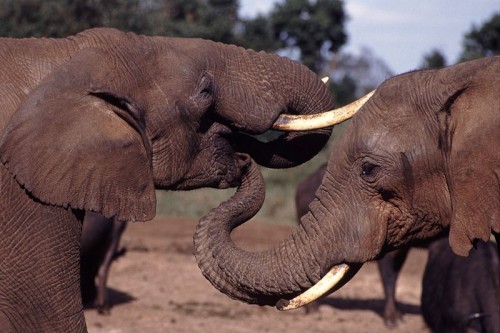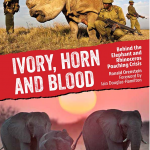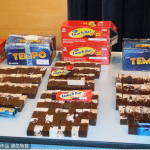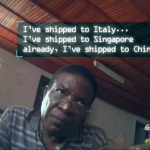
Excellent news for elephants: The CITES Secretariat has confirmed the withdrawal of Tanzania’s proposal to sell stockpiled ivory and transfer its elephant population from Appendix I to Appendix II, which was previously submitted for consideration at CoP16.
The country was planning to dump more than 100 tonnes of stockpiled ivory on the market, as well as trade in elephant hunting trophies, skins, feet, ears, tails, and live elephants.
Tanzania is apparently unable to meet some of the conditions required to sell the ivory and downlist its elephant population, according to The Citizen.
Mary Rice, Executive Director of Environmental Investigation Agency (EIA), said the decision is a “wonderful early Christmas gift to elephants everywhere”.
We have previously called for China to be stripped of its ‘Approved Buyer’ status because its domestic market it flooded with poached ivory which is effectively laundered behind the screen of a legal supply.
Jason Bell, Elephant Programme Director at International Fund for Animal Welfare (IFAW), also welcomes the news.
With this proposal off the table, CITES can now turn its attention to what it is meant to do — protect elephants and other endangered species from trade before they are wiped out.
Less than a month after submitting its proposal for CoP16, Tanzania was implicated in a four-ton ivory seizure in Hong Kong.
One container from Tanzania was marked as “plastic scrap” but was actually 972 pieces of raw ivory tusks, weighing about 4,248 lbs (1,927 kg), along with three pounds (1.4 kg) of ivory ornaments. The other container, from Kenya, held 237 pieces of raw ivory tusks, weighing about 4,154 lbs (1,884 kg), and had been declared as “roscoco beans”.
Two months earlier, in August 2012, three of the country’s top wildlife officials were fired for allegedly smuggling more than 100 animals — including giraffes, lions, gazelles, hornbills and vultures — from Tanzania to Qatar.
A previous undercover investigation conducted by EIA had already revealed that nearly half of the 24 tonnes of ivory seized during 2009 had originated in Tanzania. The “flourishing trade in illegal ivory at both domestic and international levels, exacerbated by poor enforcement and facilitated by official corruption” placed Tanzania at the center of the illegal ivory trade.




